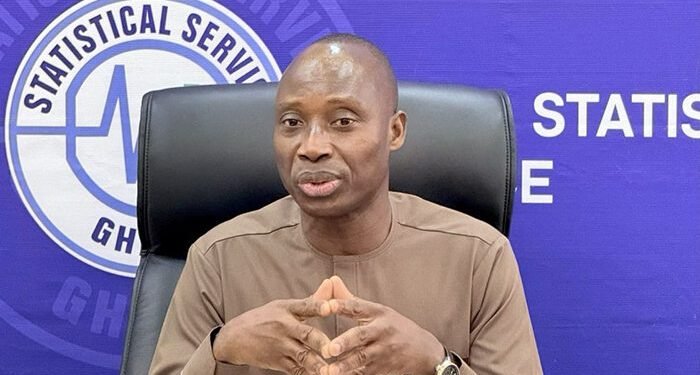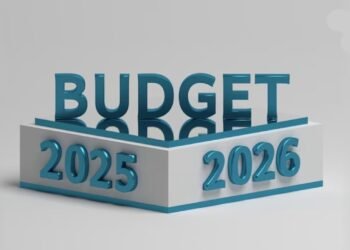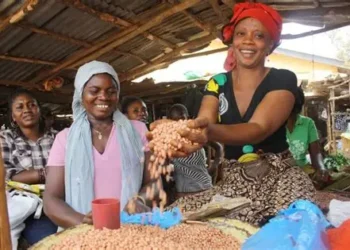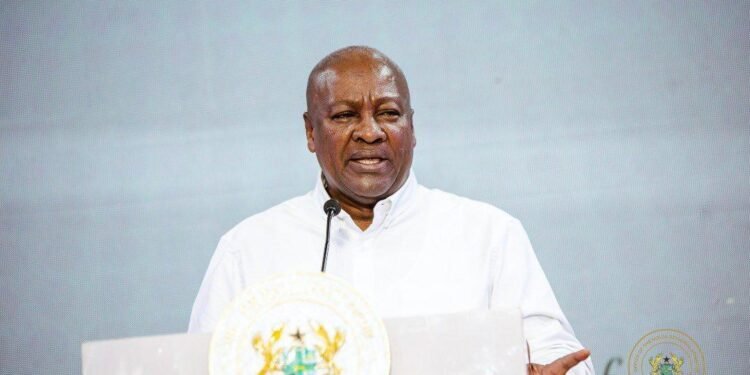Ghana has entered a historic phase in its economic recovery as the Ghana Statistical Service (GSS) outlines an ambitious roadmap to lock inflation into single digits.
After months of aggressive stabilization efforts, year-on-year inflation dropped to 9.4% in September 2025, marking the first time in years that the country has comfortably remained below the double-digit inflation barrier.
The announcement was delivered by Government Statistician, Dr. Alhassan Iddrisu, in a presentation to stakeholders in Accra. He stressed that while the disinflation trend is encouraging, it must be carefully protected with deliberate actions from households, businesses, and government institutions.
For households, the GSS message was clear and pragmatic: “Take advantage of the falling inflation to plan ahead.” Dr. Iddrisu urged citizens to budget more strategically, avoid unnecessary expenditures, and prioritize savings, even in small amounts.
The call to prudent financial behavior comes at a time when many Ghanaians are slowly recovering from the inflationary pressures that eroded real incomes in recent years. By encouraging savings, the GSS hopes to build stronger household buffers against future shocks, ensuring that citizens do not fall back into financial vulnerability if inflation spikes again.
Private Sector Told to Seize Opportunity
For businesses, the roadmap was framed as an opportunity to reposition for long-term competitiveness. The GSS encouraged firms to invest in efficiency and strengthen local supply chains while inflation remains low. This, according to the presentation, means cutting waste, sourcing more inputs locally, and passing cost savings on to consumers.
Such strategies not only protect firms from external supply disruptions but also support domestic production. In effect, companies that seize this window of disinflation can lock in margin gains, foster consumer loyalty, and contribute to a more resilient economy.
“Businesses should see this as a reset button,” Dr. Iddrisu emphasized. “Invest in efficiency now, because the gains you make today will determine your competitiveness tomorrow.”
On the public policy front, the GSS outlined specific steps for government. Central among them was the call to maintain fiscal discipline to prevent overspending that could reignite inflationary pressures.
The Service also stressed the importance of focusing state resources on stabilizing food prices through improved storage, irrigation, and transport infrastructure. By strengthening agricultural systems and reducing post-harvest losses, food supplies can remain abundant and affordable—a critical factor in sustaining single-digit inflation.
Furthermore, the GSS urged policymakers to address regional disparities in inflation trends, ensuring that gains are felt uniformly across the country. This includes expanding market access to rural communities and investing in logistics that reduce the cost of transporting goods to underserved regions.
Inflation Decline Boosts Investor Confidence
Beyond stabilizing prices for households and businesses, the GSS argued that the sustained fall in inflation will improve investor confidence. A single-digit inflation environment signals macroeconomic stability, which is vital for attracting both domestic and foreign investment.
Analysts suggest that as inflation moderates, Ghana may also benefit from reduced lending rates, easing access to credit for businesses and consumers alike. Lower borrowing costs could stimulate growth in key sectors such as manufacturing, agriculture, and services—creating jobs and deepening economic resilience.
While the roadmap has been well-received, economists warn that the country must guard against complacency. Ghana’s inflation history shows that shocks—whether from global commodity prices, currency volatility, or fiscal slippages—can quickly erode hard-won gains.
The GSS presentation underscores this concern, urging all stakeholders to view disinflation not as an endpoint but as a foundation for long-term stability. The emphasis on building buffers, promoting efficiency, and sustaining fiscal prudence reflects a recognition that economic recovery is still fragile.
Ultimately, the GSS masterplan portrays the fight against inflation as a shared responsibility. Households must adopt smarter spending and savings habits, businesses need to embed efficiency and local resilience, while government must exercise fiscal discipline and invest strategically in food security and logistics.
If all these actors play their roles effectively, Ghana could be on the verge of achieving something rare in its modern economic history—sustained single-digit inflation.
READ ALSO: Banks Cut Lending Costs as Ghana Reference Rate Drops 200 Basis Points























